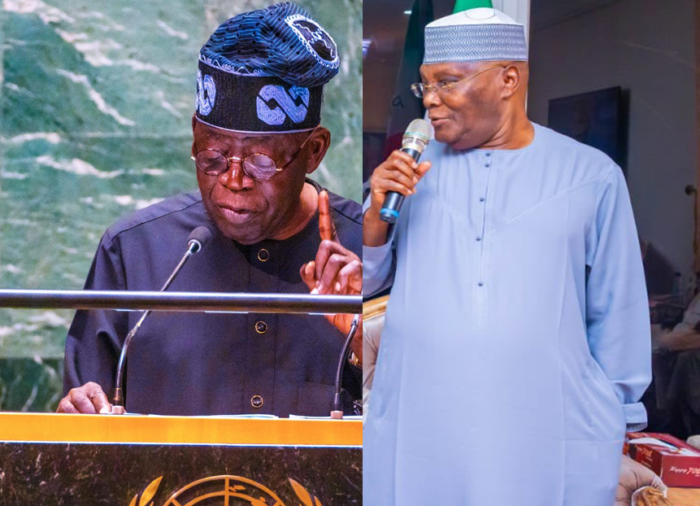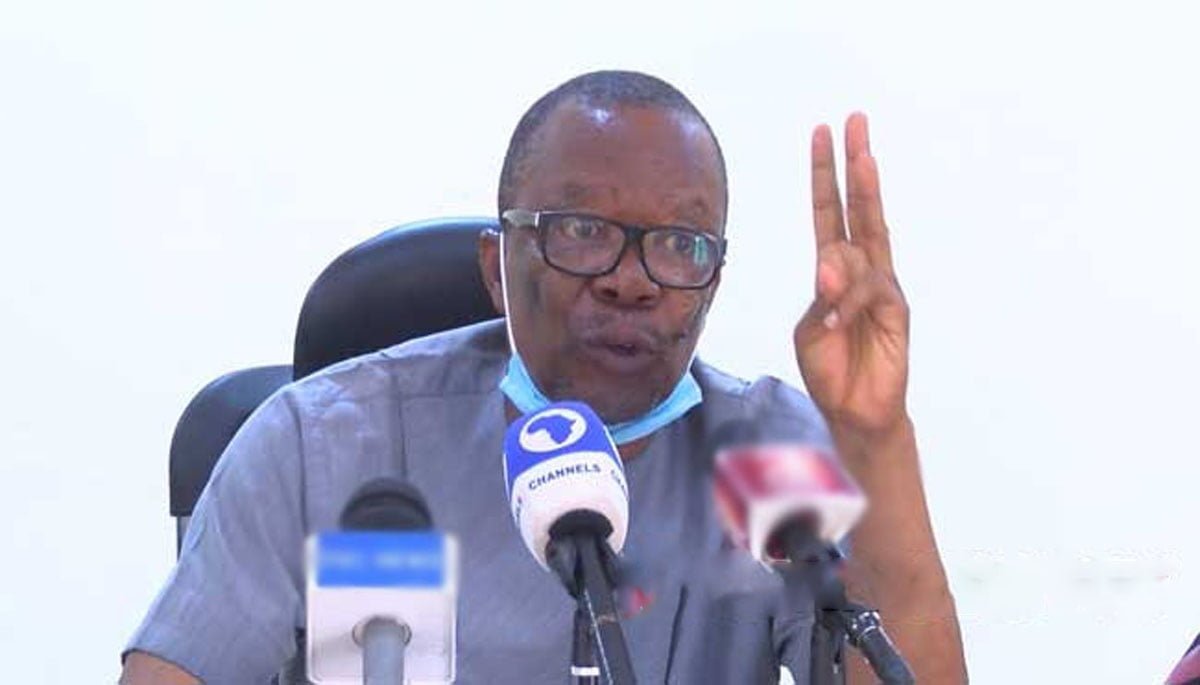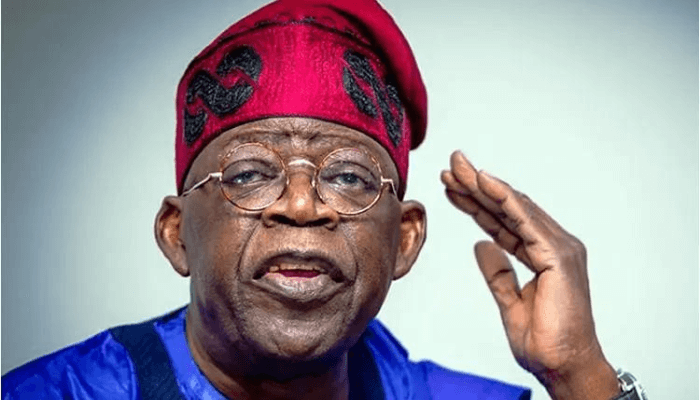In pursuit of his ambition to nullify the declaration of President Bola Tinubu as the winner of the presidential election that was held in February, Atiku Abubakar, candidate of the Peoples Democratic Party (PDP), made significant progress in a suit he had filed at the United States District Court of Illinois, Eastern Division.
Abubakar had on August 2 approached the court seeking to obtain information on the academic records of Tinubu while the president was a student at the Chicago State University (CSU).
CSU was the main respondent in the suit while Tinubu stood as an intervenor.
READ ALSO: BREAKING: Tribunal Resolves LP’s Issues, Validates Tinubu’s Victory
ISSUES DISTILLED BY ABUBAKAR
For context, the applicant sought to get answers from CSU on issues that included the authenticity of the documents produced by CSU in response to the application and how and where CSU located the documents, CSU’s position on the authenticity of other CSU documents related to the intervenor purportedly produced by CSU in another Nigerian proceeding, and the contents of the Westberg Affidavit.
Other answers that Atiku wanted answers to were CSU’s position on the authenticity of a letter from a Mr. Caleb Westberg (school registrar) regarding the intervenor and other facts, including who requested the letter, who prepared the letter, and to whom it was sent, and CSU’s position on the authenticity of the Orr documents and other facts regarding why the documents were certified, if he was authorised to do so, who requested the documents, and to whom they were sent.
PARTIES’ ARGUMENTS
Arguing in support of his case, Abubakar, through his legal representatives, told the court that he was a candidate in Nigeria’s last presidential election that was held in February 25 and that the Independent National Electoral Commission (INEC) announced Tinubu as winner of the poll.
He went on to state that Tinubu’s eligibility in the election was faulty having presented an alleged forged educational certificate issued by CSU to the electoral body.
READ ALSO: LP, PDP Release Statements Promising Appeal of PEPC Tribunal Judgment
He informed the court that he had filed a petition before the Presidential Election Petition Tribunal (PEPT) of the Court of Appeal, which was later consolidated with the two petitions filed by Peter Obi, the Labour Party (LP) and Allied Peoples Movement (APM). He went on to say the tribunal eventually deemed his petition as lacking merit.
Despite accepting CSU’s claim that Tinubu did graduate from the school, Abubakar said he still had doubts on whether the president really attended and received an undergraduate diploma from the institution.
The candidate went on to plead with the court stating that the answer he sought would be advantageous to an appeal he intended to pursue at the Supreme Court of Nigeria.
Furthermore, he wished for the court to grant his requests expeditiously because of the time limit he had in filing his appeal before Nigeria’s apex court.
CSU’S RESPONSE
On its part, the CSU responded that it was not a party to any of the cases and the issues litigated before the tribunal or any other case. The institution further argued that the information Abubakar was asking it to produce would be of no value to the case or cases Abubakar was prosecuting in Nigeria.
It further told the court that Family Educational and Privacy Rights Act (FERPA) puts a cap on the kinds of information it could produce to Abubakar.
CSU also argued that it had told Abubakar’s representatives the kinds of information in its possession and those not in its custody.
In a subtle admission of its weak argument, CSU urged the court saying, “any discovery which may be directed here be focused in scope and take into account the information CSU has already provided, as well as the information CSU has already notified Applicant’s counsel it does and does not possess.”
The university did not object to the grant of the first three requests Abubakar made.
It, however, objected to the fourth request in part. Its objection was predicated on the short timeframe required to produce the information being sought through Atiku’s prayer.
TINUBU’S ARGUMENT
Tinubu as an intervenor in the subpoena argued among other things that Abubakar’s requests were burdensome and intrusive into his privacy and urged the court to decline the requests.
READ ALSO: BREAKING: Tribunal Dismisses LP’s Drug Trafficking Claims Against Tinubu
The president also argued that Abubakar’s attempt to get new information to be used in an intended appeal to the Supreme Court was futile, as the court would not be receptive to new facts that had not been considered earlier by the tribunal.
Responding to that, Abubakar stated that the Supreme Court could accept new information if they were of exceptional importance.
COURT RULING
The court carefully considered each of the prayers before arriving at a ruling. On whether the requested information could still be used in a court proceeding in Nigeria, the court found that Abubakar satisfied extant statutory requirements and was convinced that the information could be helpful.
The court also held that Abubakar was an interested party to proceedings already litigated in Nigeria and the information sought may be relevant to his further actions on the case.
It also ruled that Tinubu failed to convince the court that the Supreme Court of Nigeria would not entertain new information from Abubakar.
On the the court’s discretion on whether to grant the request, the court resolved that the information at stake would not compromise any known Nigerian policy or that of the US. It, therefore, positively considered the grant of the application.
READ ALSO: US Court Releases Documents Linking Tinubu to Largescale Drug Peddling
On Tinubu’s argument that the subpoena was burdensome to the school, the court agreed with Abubakar that Tinubu had no standing to advance such an argument. If any party was to bring such a position up, it would be the CSU.
It was further resolved that the FERPA Tinubu referenced to protect his privacy does not grant an independent privilege on academic records, but only makes it confidential. Thus, the need to grant its release outweighed the need to decline it.
More so, Tinubu had already made his academic records an issue by submitting his diploma to the INEC which qualified him to participate in the election.
Finally, the court granted Abubakar’s requests one to three and ordered the CSU to produce all responsive, non-privileged documents, if any, within 48 hours of the issuance of its judgement.
Cautiously, the court conceded that the university may not be able to provide certain information in that regard because the school does not retain original copies of diplomas issued to its graduates.
The court, however, declined the fourth request because it would be unduly burdensome for the school to meet given the time constraint set by Abubakar.
Magistrate Jeffrey Gilbert, who entertained the case, stated specifically that the request would likely “require the respondent to identify document custodians, agree with Applicant on key words, run key word searches in the custodial databases, and produce electronically stored information all on an extreme and unrealistic timeframe”.
READ ALSO: PEPC Cites Atiku’s Lawyer’s Comment in a Book While Declaring Tinubu Winner of Election
In addition, the court ordered the school to produce a corporate designee for an oral deposition to authenticate all the documents certified for Tinubu by Jamar Orr, an associate general counsel at CSU.
By the granting the request, the court believed Abubakar’s fourth request would have been potentially considered “without the attendant burden of time consuming electronic document searches and production”.
On the whole, the court directed the CSU to release all the evidential documents to Abubakar as contained in requests one to three as well as within the narrowed scope of the fourth request. The oral deposition is to take place within two days of the production of the documents.
Subscribe
Be the first to receive special investigative reports and features in your inbox.















